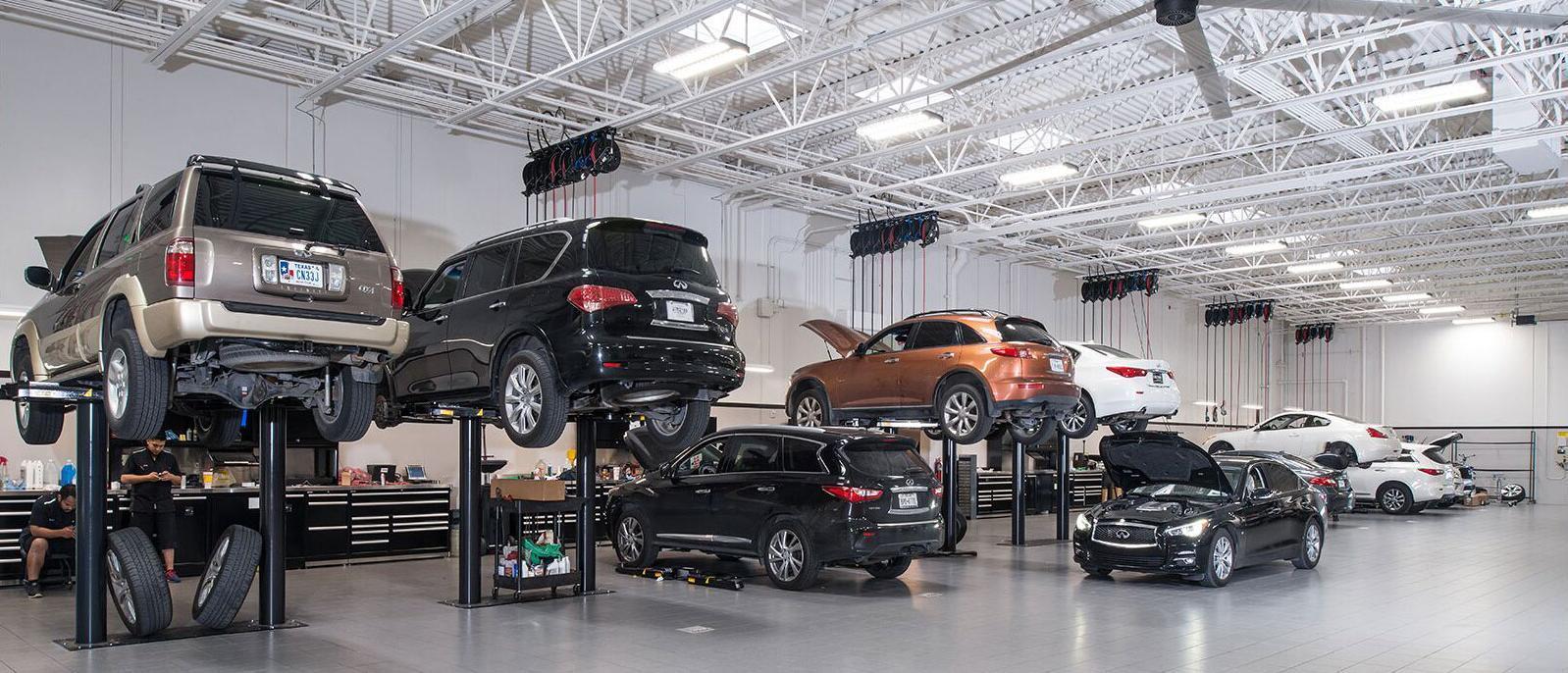Award-Winning Customer Care Offered by Elite Auto Care
Award-Winning Customer Care Offered by Elite Auto Care
Blog Article
Vital Auto Care Tips to Maintain Your Automobile in Top Condition
Key practices such as adhering to regular oil change intervals, guaranteeing appropriate tire maintenance, and regularly evaluating the brake system are fundamental to reliable automobile treatment. In addition, monitoring fluid levels and caring for the battery can stop costly repairs and enhance durability. Elite Auto Care.
Normal Oil Changes
Regular oil changes are a critical facet of vehicle maintenance that substantially influence engine efficiency and longevity. Engine oil functions as a lube for different elements, decreasing rubbing and protecting against wear and tear. In time, oil gathers impurities and breaks down, which can bring about decreased performance and potential engine damage.
It is usually suggested to change your oil every 3,000 to 7,500 miles, depending upon the car design and kind of oil used. Routinely inspecting the oil level and high quality can assist guarantee optimal engine feature. Utilizing the correct grade of oil, as defined in the car's owner handbook, is crucial for preserving engine wellness.
Disregarding oil modifications can cause sludge build-up, getting too hot, and eventually, tragic engine failure. Along with routine oil modifications, think about replacing the oil filter simultaneously to improve the oil's performance and prolong engine life.
Buying regular oil adjustments not only sustains lorry performance but likewise adds to better fuel effectiveness and reduced emissions. Establishing a constant upkeep schedule with a trusted technician can help you remain on top of this vital service, ensuring your lorry remains in peak condition for many years ahead.
Tire Maintenance
Correct tire maintenance is important for making sure automobile safety, fuel, and performance performance - Elite Auto Care. Regularly checking your tire pressure is crucial, as under-inflated tires can lead to boosted wear and minimized gas efficiency. Utilize a trustworthy tire stress scale to make sure each tire is blown up to the supplier's advised level, commonly found on a sticker label inside the driver's door
Additionally, examine your tires for visible signs of wear, such as uneven walk wear or protrudes. Revolving your tires every 5,000 to 7,500 miles helps ensure even tire wear and prolongs tire life. Maintaining proper wheel positioning and balance not just enhances driving comfort yet additionally lowers unnecessary tire tension.

Lastly, take into consideration seasonal modifications; switching over to wintertime tires in harsh problems can substantially boost traction and safety. By adhering to these tire upkeep techniques, you can enhance your automobile's overall efficiency and make sure a safer driving experience.
Brake System Checks
Tire upkeep plays a crucial role in general vehicle safety and security, and a similarly vital element is the brake system. Normal brake system checks are important to guarantee optimal efficiency and safety while driving. The braking system includes various parts, including brake pads, blades, check my site calipers, and brake lines, every one of which should remain in great problem i was reading this to operate efficiently.
To begin, evaluate the brake pads for wear. They need to be replaced immediately to prevent damage to the blades if they show up thin or worn down. In addition, listen for any type of uncommon noises, such as squeaking or grinding, which may suggest a demand for immediate interest.
Following, analyze the brake liquid level and its problem. Brake fluid absorbs wetness with time, resulting in reduced stopping performance. If the fluid shows up dark or infected, a flush and substitute are advised.
Fluid Levels Evaluation
Keeping ideal liquid levels is vital for the dependable procedure of your vehicle. Routine inspection of vital liquids-- such as engine oil, coolant, brake fluid, transmission fluid, power steering liquid, and windscreen washing machine fluid-- is vital to make sure reliable efficiency and durability.
Low oil levels can lead to engine wear and overheating. Brake fluid need to be checked for clarity and adequate levels, as it is vital for reliable stopping performance.

Battery Treatment and Maintenance
A dependable battery is basic to the general efficiency of your car, equally as maintaining optimum fluid degrees is vital. Routine battery treatment and maintenance can dramatically extend its life-span and ensure trustworthy starts in all conditions.
First, evaluate your battery terminals and cable televisions for deterioration. Clean any type of build-up with a mix of cooking soda and water, making sure that the links are tight and complimentary from particles. A protected link is essential for effective power transfer.
Following, check the battery's liquid degrees if you have a conventional lead-acid battery. Make certain that the electrolyte levels suffice, completing with distilled water if needed.
Additionally, test your battery's voltage regularly making use of a multimeter; a healthy battery typically reviews in between 12.4 and 12.7 volts. Think about replacing the battery or charging. if the voltage dips listed below 12.4 volts.
Verdict
In verdict, adhering to important vehicle treatment suggestions is crucial for keeping car performance and long life. Normal oil changes, diligent tire upkeep, organized brake system checks, detailed liquid degrees assessment, and appropriate battery care collectively contribute to a reliable and trusted automobile.
It is typically suggested to change your oil every 3,000 to 7,500 miles, depending on the vehicle version and kind of oil made use of.Correct tire maintenance is necessary for making sure lorry safety and security, gas, and performance effectiveness. Rotating your tires every 5,000 to 7,500 miles aids ensure also tire wear and prolongs tire life. Brake fluid need to be examined for clearness and sufficient degrees, as it is vital for efficient stopping performance.

Report this page